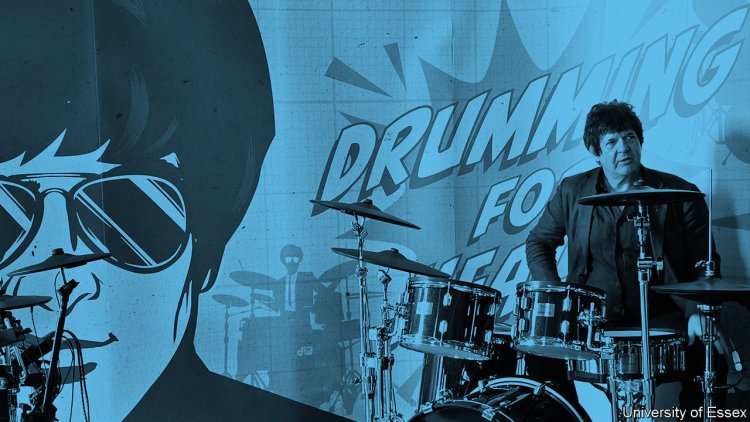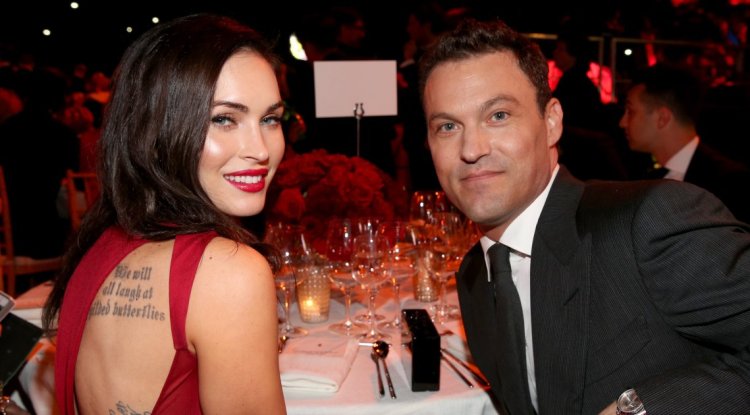How drumming, three-dimensional audio and technology from a Mars rover can benefit health
image: University of EssexATTENDING A SCIENCE festival or an exhibition can be an exciting day out, while also being hugely informative. Natasha Loder, The Economist’s health editor visits the Royal Society’s summer exhibition to play with both the simple and cutting-edge technologies that have potential for healthcare. Natasha asks Clem Burke, drummer of the rock band Blondie, and Marcus Smith of the University of Chichester how drumming can help children with autism. Natasha also meets Lorenzo Picinali, of Imperial College London, who explains why creating audio that feels three-dimensional could be useful for people with sensory impairment. Plus, Sumeet Mahajan of the University of Southampton demonstrates how technology used in NASA’s Mars rover can be applied to the early detection of diseases. Gilead Amit, The Economist’s science correspondent, hosts. Runtime: 38 minFor full access to The Economist’s print, digital and audio editions subscribe at economist.com/podcastoffer and si


ATTENDING A SCIENCE festival or an exhibition can be an exciting day out, while also being hugely informative. Natasha Loder, The Economist’s health editor visits the Royal Society’s summer exhibition to play with both the simple and cutting-edge technologies that have potential for healthcare.
Natasha asks Clem Burke, drummer of the rock band Blondie, and Marcus Smith of the University of Chichester how drumming can help children with autism. Natasha also meets Lorenzo Picinali, of Imperial College London, who explains why creating audio that feels three-dimensional could be useful for people with sensory impairment. Plus, Sumeet Mahajan of the University of Southampton demonstrates how technology used in NASA’s Mars rover can be applied to the early detection of diseases. Gilead Amit, The Economist’s science correspondent, hosts. Runtime: 38 min
For full access to The Economist’s print, digital and audio editions subscribe at economist.com/podcastoffer and sign up for our weekly science newsletter at economist.com/simplyscience.
Listen on: Apple Podcasts | Spotify | Google | Stitcher | TuneIn
What's Your Reaction?






















